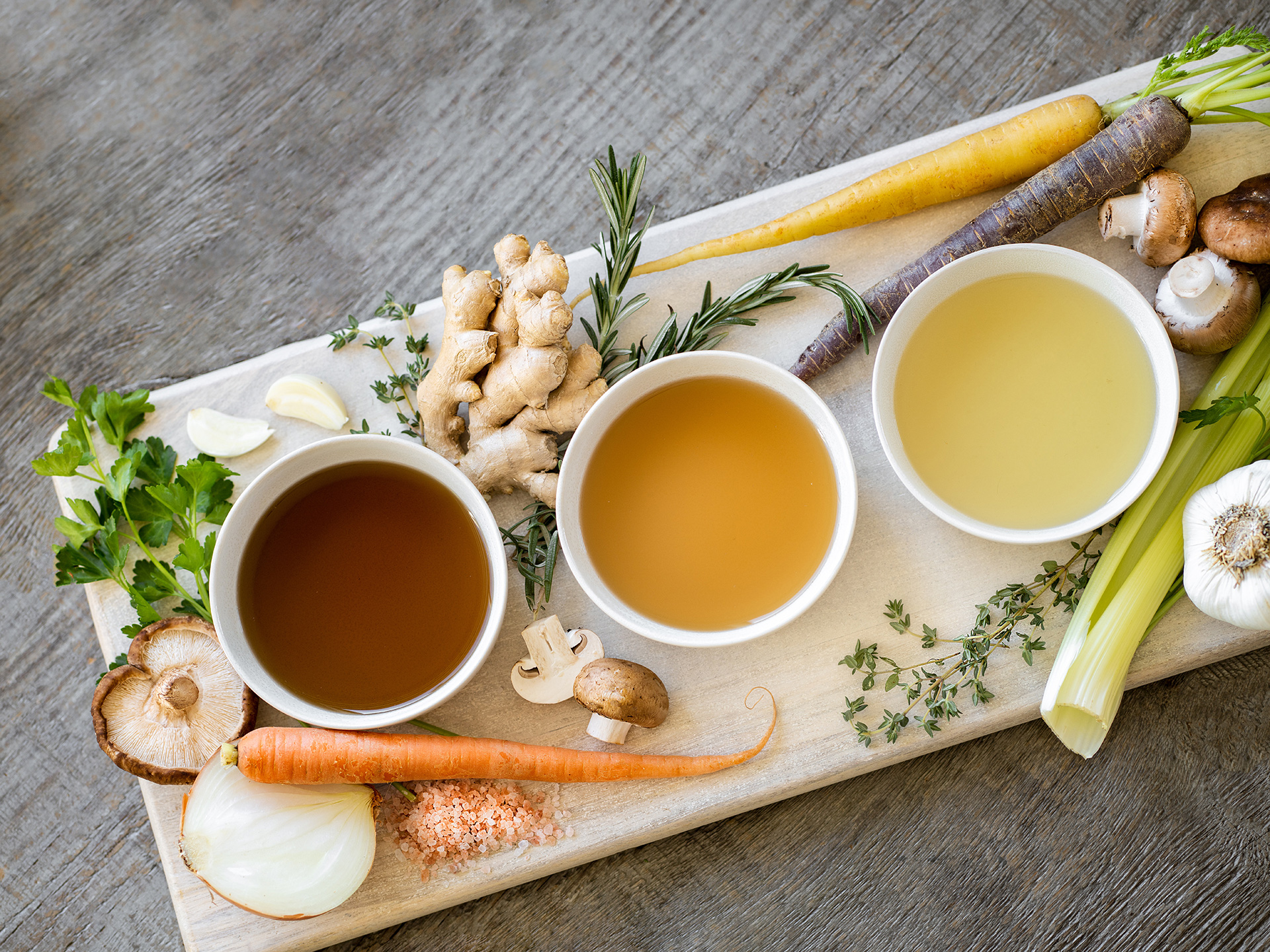Immune Supporting Foods For Cold And Flu Season

PREMIUM CONTENT for MEMBERS ONLY
By Fiona Riddle
Cold and flu season typically begins in the Fall, and in addition to get your flu shot, it can be helpful to prepare your body for the potential of exposure. Incorporating immune-boosting foods into your daily diet is a popular way to enhance your body’s natural immune response. Based largely on preclinical studies, these foods provide anti-inflammatory and antimicrobial properties, essential nutrients and microbiome support, which can all help to ward off illness.
Here are a few immune supporting foods that can be added to your diet:
Garlic
Garlic has many medicinal properties and has long been used for its antimicrobial and antiviral benefits. These properties come from a high concentration of phenolic compounds, including flavonoids, as well as allicin, which is a sulfur compound that can help your body handle infections and reduce the severity of colds and flu. Since allicin becomes almost entirely deactivated in the presence of heat, adding raw garlic to your diet through dressings and sauces like pesto may provide the most benefits. Many people also soak garlic cloves in honey to create a nutrient dense cold and flu remedy.
Ginger
Ginger contains bioactive compounds called gingerols which belong to the polyphenol family of bioactive compounds. Based on in vitro studies, gingerols have potent anti-inflammatory and antioxidant properties that have been implicated in the support of healthy immune system functioning. In clinical studies, ginger has been shown to alleviate gastrointestinal discomfort, in particular nausea that might arise as a symptom from a cold or flu. Fresh ginger can be used in soups, stews and sauces and can also be used to make tea, which will have a warming effect that can also promote circulation.
Probiotic Foods
Probiotic foods contain beneficial bacteria that support a healthy gut microbiome. And because 70% of the immune system is located in the gut, it is no surprise that an optimized gut microbiome is associated with optimized immune system function. A well-balanced gut microbiome helps regulate immune responses and guards against harmful pathogens. A healthy gut microbiome can also help to facilitate the metabolism of several of the polyphenol compounds mentioned above into absorbable anti inflammatory molecules. Some naturally fermented foods that you can add as a regular component to your diet include kimchi, sauerkraut, kefir, and yogurt.
Broth
For the omnivore, chicken soup is a quintessential food when under the weather, and for good reason. Chicken broth, as well as bone broth, is rich in amino acids such as glycine and proline, which have anti-inflammatory properties that can help to reduce inflammation and support overall immune health. Broth is also rich in essential nutrients like calcium, magnesium, vitamin A and vitamin K2 that support immune function. These nutrients help the body produce immune cells and antibodies. And, broths offer hydration, specifically when made with mineral-rich sea salt, which is essential for electrolyte balance and healing.
Oysters
Oysters are one of the richest sources of zinc, which “helps your immune system fight off invading bacteria and viruses.” Moreover, it has been found that our copper to zinc ratio is important for immune health and not solely our levels of zinc. And unlike a specialized zinc supplement, oysters also contain copper, which can promote an optimal balance in the body. Oysters are also a source of selenium, an essential mineral that the body requires for proper immune functioning. Oysters can be found raw at many restaurants and grocery stores or purchased smoked and canned to store at home.
As for the foods to avoid, excess sugar, ultra processed foods and alcohol may make our bodies more susceptible to infection or hinder recovery as they deplete essential vitamins and minerals and offer little in terms of nutrition. Ultra processed food diets may also promote low grade systemic inflammation, in which the immune system is constantly on alert. This can make it more difficult for the body to fight off infection as it is under constant stress.
In general, eating a diet made up of nutrient dense, vitamin, micronutrient phytochemical rich foods can help to promote a robust and optimal immune system, and prevent low grade systemic immune activation. Most importantly, staying active, prioritizing sleep and managing stress, avoiding close contact with people suffering from the cold or flu and getting your flu shot is the best way to remain healthy.

Fiona Riddle is a Certified Health Coach with a degree in Psychology from UCLA. She is passionate about a holistic approach to health when working with her private coaching clients. She is an avid cook, constantly creating and sharing new recipes on her Instagram (@feelgoodwithfi) to showcase simple clean home cooking.
✓ This article was reviewed and approved by Emeran Mayer, MD